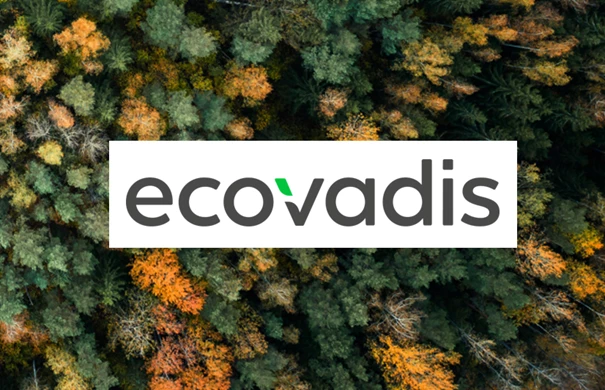As part of our end-to-end sustainability solution, we have teamed up with ClimatePartner to offer global compensation projects to our clients. From eco-footprint measuring to emission reduction and compensation solutions (the latter is where ClimatePartner comes into play) each transport handled by us can now be carbon-neutralized by compensating for the emissions generated during the operations.
With every quotation we issue, our clients already receive an indication of the emissions generated during the shipment or project. Unavoidable emissions can now be compensated for by purchasing compensation certificates via us from ClimatePartner to run a transport or even a whole project carbon-neutral.

Climate Partner offers companies climate action solutions: from carbon footprints and climate action strategies all the way to climate friendly products with the support of international carbon off...

STEP
Measure emissions generated during a transport via our Eco Footprint Tracker (free of charge)

STEP
Bertling gives the most recent compensation price per CO2 ton for 4 global projects

STEP
Client decides how much of to compensate/how many certificates to buy and selects a project to support

STEP
Client confirms order to Bertling.

STEP
Bertling places the order with Climate partner on behalf of client

STEP
Bertling invoices client in pre-agreed cycles

STEP
Climate Partner retired the carbon credits on behalf of client

STEP
Client receives Climate Partner ID, carbon compensation certificate and overview (if required)
OUR GLOBAL COMPENSATION PROJECTS
Global supply chains will continue to generate emissions and sometimes, especially in remote areas, effective emission reduction opportunities are still very limited. Therefore, we put great focus on compensation solutions for emissions, which cannot be avoided. We have selected the following global compensation projects, which our clients can choose from:
Assisted natural generation , Northern Highlands, Ethiopia
The Ethiopian highlands are facing intense degradation and loss of biodiversity. That is why so-called "exclosures" have become increasingly important. In these areas, vegetation is being regenerated and protected. Livestock and uncontrolled woodcutting are excluded from these areas. In this way, the project aims to protect about 540 hectares of "exclosures", which will remove about 5,530 tonnes of CO2 emissions per year from the atmosphere, further improve the vegetation and reduce soil erosion.
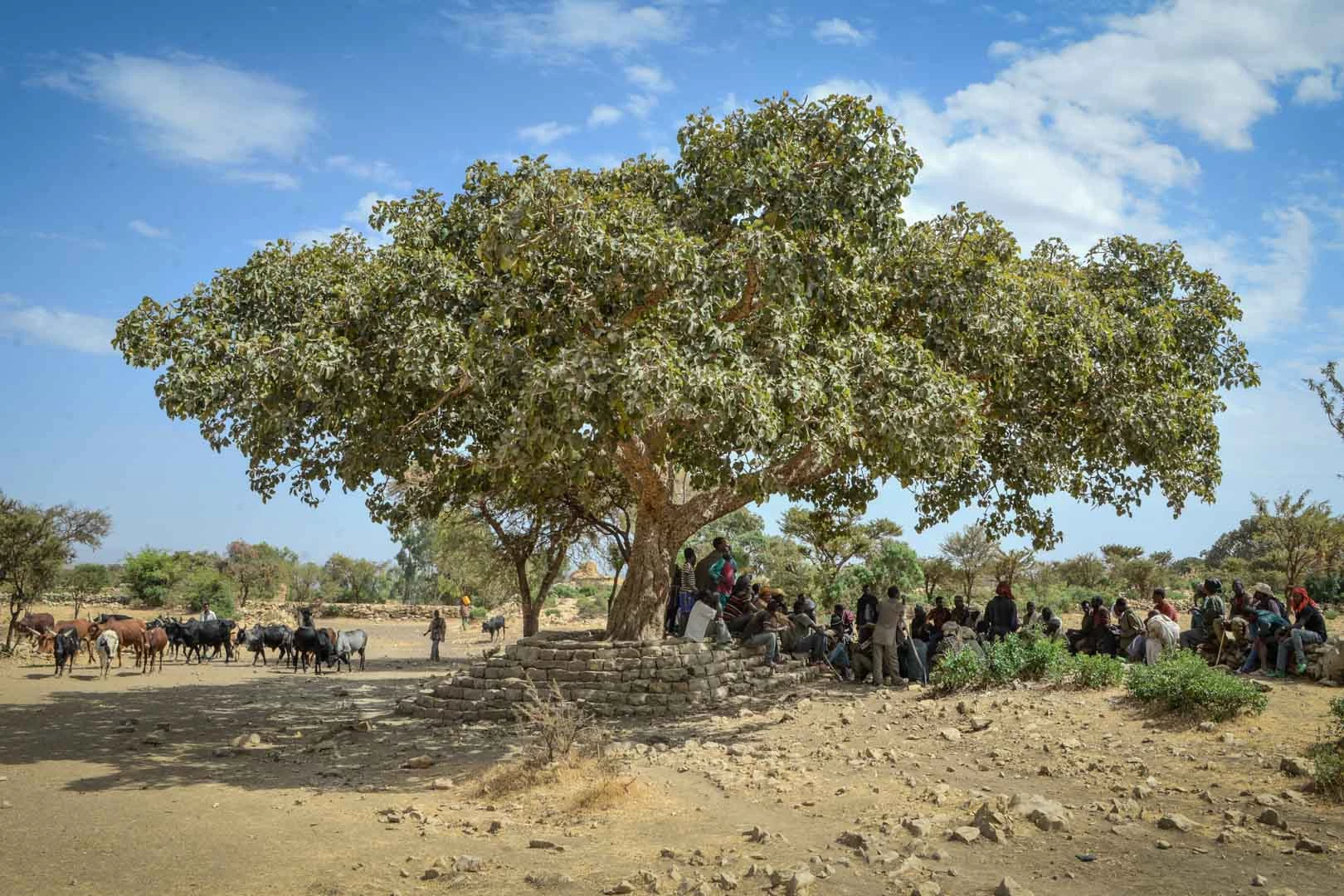
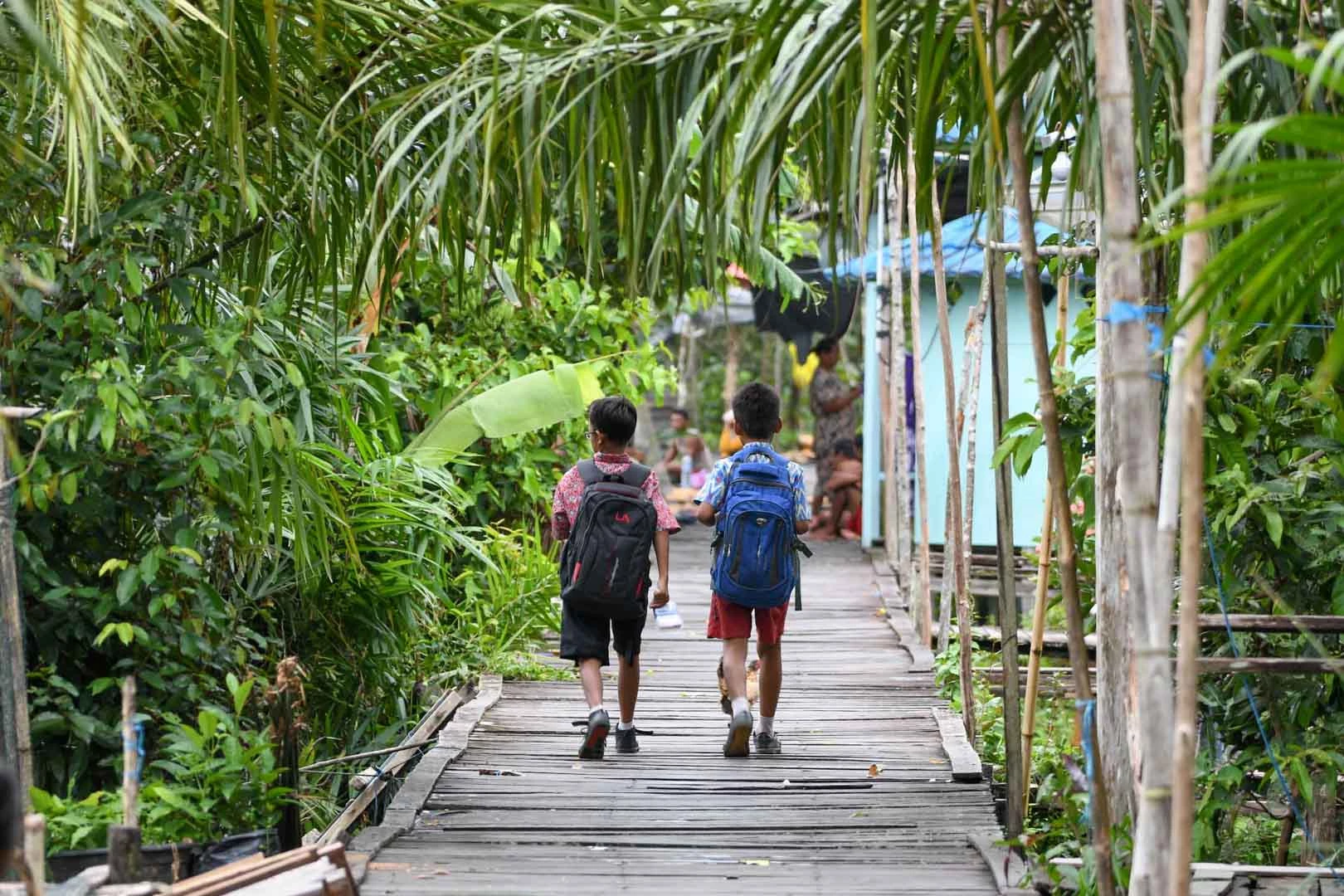
Forest Protection Project for Rimba Raya, Indonesia
Tropical swamp forests belong to the world's most efficient carbon sinks. In the project area on the Indonesian island of Borneo, this type of forest has another unique function: it is one of the two remaining habitats for wild orangutans. Not only orangutans but also countless other animal and plant species are severely affected by the ongoing deforestation, driven by the palm oil industry. At the same time, the clearing of the swamp forest releases CO2 as well as large amounts of the particularly climate-damaging gas methane.
Forest Protection Project for Cujubim, Brazil
This REDD+ project is located in the State of Rondônia, Brazil. The project’s 72,843 hectares area acts as a guardian of the rich biodiversity of the region, also serving as an ecological corridor between the local conservation areas. The aim is to improve the quality of life, offering social empowerment by training farmers in sustainable farming practices and forest management. There are some important biodiversity conservation goals, including the maintenance of forest coverage and the protection of several wildlife species.
It’s been recognized by the Food and Agricultural Organization of the United Nations as being an exemplary case of sustainable forest management in Latin America and the Caribbean (2010) and is certified by the Forest Stewardship Council (FSC), as a world reference in sustainable timber production. By preventing unplanned deforestation, about 7,457,910 tonnes of CO2 emissions will be avoided during the project's lifetime (30 years).
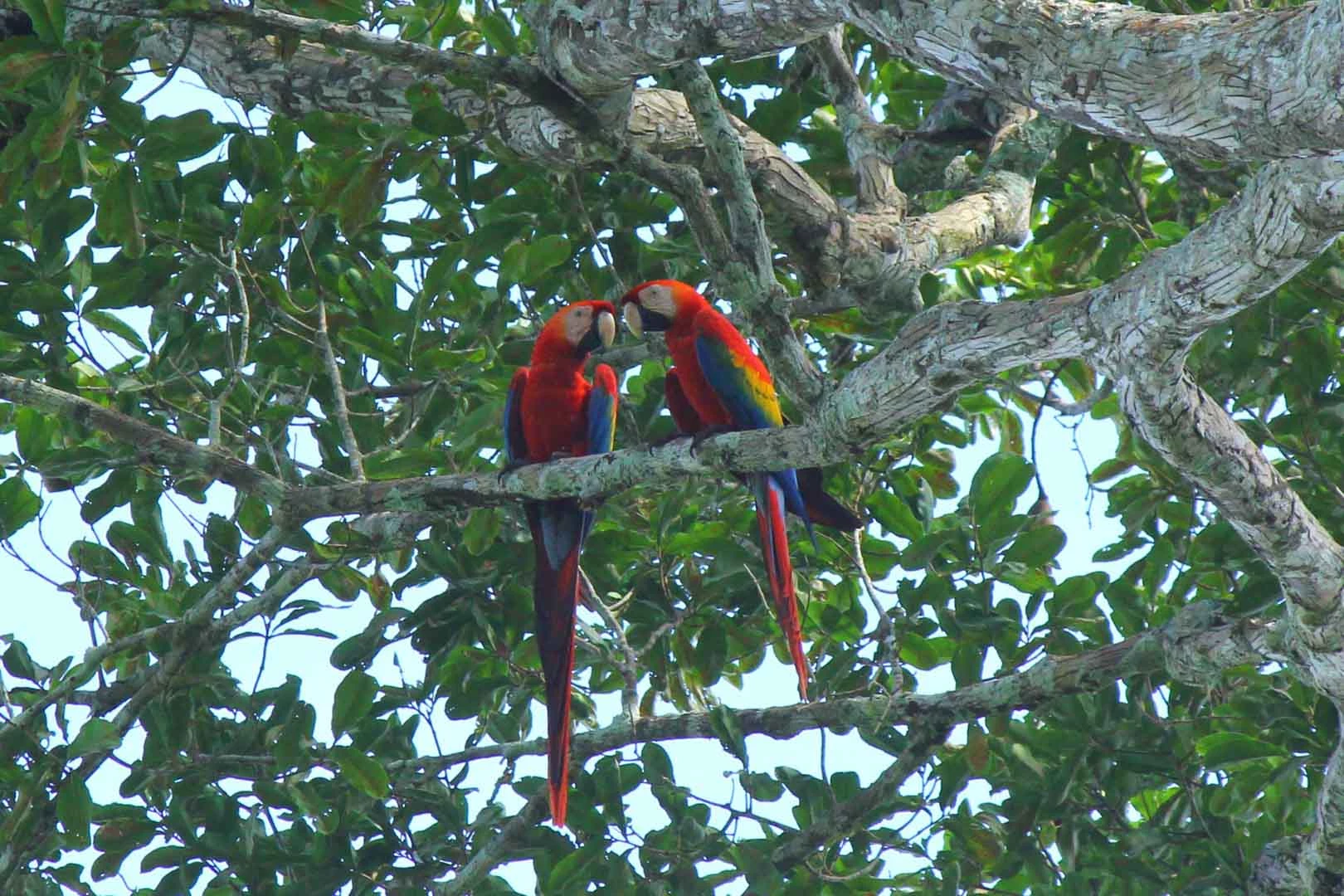
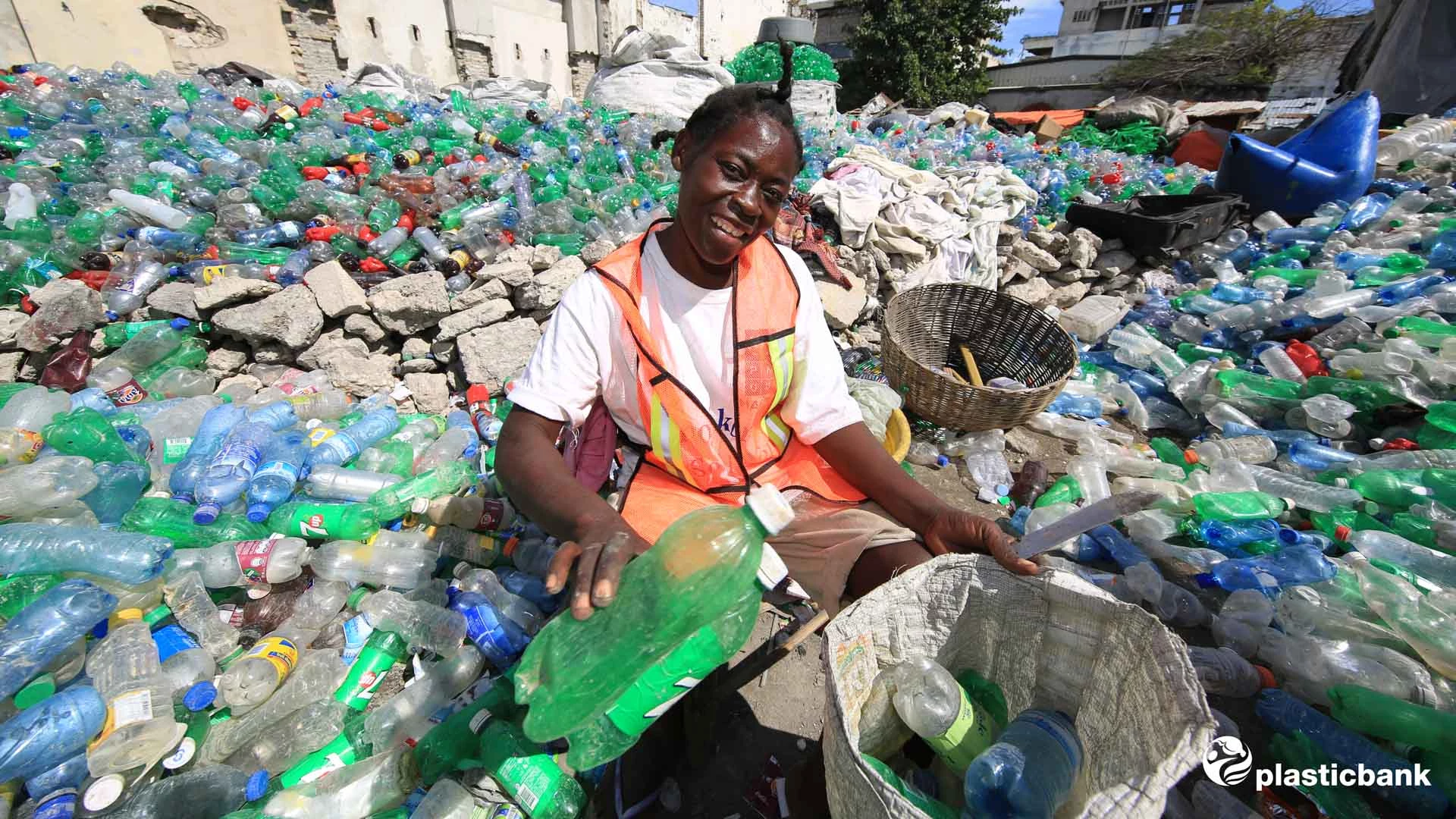
Stopping plastic waste from entering the oceans
The project makes sure that less plastic ends up in the sea. Instead, it is recycled and turned into so-called Social Plastic, which serves as raw material for new products such as packaging. In Haiti, Indonesia, Brazil, and the Philippines, people collect plastic waste. At local collection points, they can exchange it for money, food, drinking water, or even school fees.
COMPENSATIONS DONE BY BERTLING LOGISTICS
As we are together on our “Road to Zero”, we from Bertling Logistics support these four global compensation projects as well, and will continue to do so in the future.
Most recently, we donated to the Clean Oceans, Plastic Bank, Worldwide Project to show our support on World Ocean Day, which takes place annually on 8 June.
Below is our Climate Partner Compensation dashboard, which gives you full transparency of our corporate compensation initiatives on our way to become a more sustainable business by reducing our carbon footprint as a company.
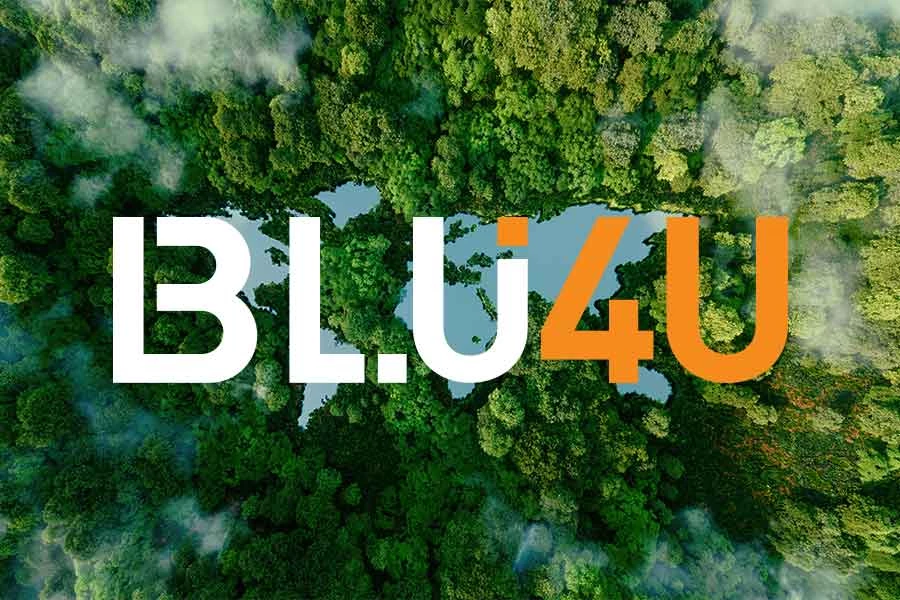
Take control of your emissions with BLU4U. Our emission dashboards give you clarity and confidence to optimize your supply chain for greener decisions.

